Mental health services for children and young people
No child should be left to deal with poor mental health alone.
Around 1 in 6 children have experienced a mental health problem, according to NHS Digital.
When this happens, it can be difficult for them to make and keep friends, manage at school and feel good about themselves. It can also be bewildering for their families.
For some children and young people, these problems will pass over time, but others may need a bit of extra support to help them get back on track.
That’s why we offer a wide-range range of mental health support services for children, young people, and their families.
Here you can find a summary of the mental health support we offer. Some support you may be able to access yourself. This is called a self-referral. Other times, a GP, teacher, or social worker will need to request this support for you.
Mental health support in schools
Children in England are facing a mental health crisis.
1 in 6 have a probable mental health disorder. The number of children referred for specialist support increased 134% from 2019/20 to 2020/21.
This level of demand results in long waits for treatment and children reaching crisis point.
Mental Health Support Teams (MHSTs) in schools can work with children and young people, families and teachers, helping to identify and support those struggling with their mental health as early as possible.
Barnardo’s delivers 12 MHSTs across England and has been involved in their delivery since the first wave of commissioning in 2018/19. We've conducted research with children, young people, service commissioners, teachers and frontline practitioners as well as drawing on our extensive experience as a mental health provider for our latest report into MHSTs in schools. Our evidence shows their presence improves children’s mental health and well-being and achieves savings for the state.
Join Barnardo’s in calling for mental health support to be available in all schools.
How we support children and young people's mental health
Want to learn more about what we do? Here are just a few ways we support children and young people's mental and emotional well-being:
Mental health
We offer mental health services across the UK to help children, young people, and families when they need us most. Depending on your location, this may include:
- cognitive behavioural therapy (CBT)
- support for children and young people diagnosed with ADHD (attention deficit hyperactivity disorder)
- support for young people who identify as LGBT+
- one-to-one and group counselling
- play and art therapy
- support for young people who have experienced trauma and abuse and their families
- school-based programmes that teach young people about mental and emotional well-being.
Therapy
Therapy can be a helpful way for children and young people to make sense of what they’re going through. It’s different to talking to a friend or family member. It offers a young person a safe, confidential space where they can get everything off their chest. Plus, it will teach them and their families practical tips to help them deal with life’s ups and downs.
Depending on location, we offer children and young people a wide range of different therapies, such as:
-
cognitive behavioural therapy (CBT)
-
counselling
-
play therapy
-
art therapy
Cognitive behavioural therapy (CBT)
Some of our mental health services offer Cognitive Behavioural Therapy (CBT), which is a common type of talking therapy.
It's used to help anxiety and low mood, as well as other mental health conditions.
CBT is based on the idea that your thoughts, feelings, physical sensations, and actions are all connected. It also teaches us that people can learn negative thinking patterns, which can make you feel stuck in a negative loop.
By tuning into these feelings and noticing negative thinking patterns, CBT can help children and their families develop changes in perspective and find positive coping strategies.
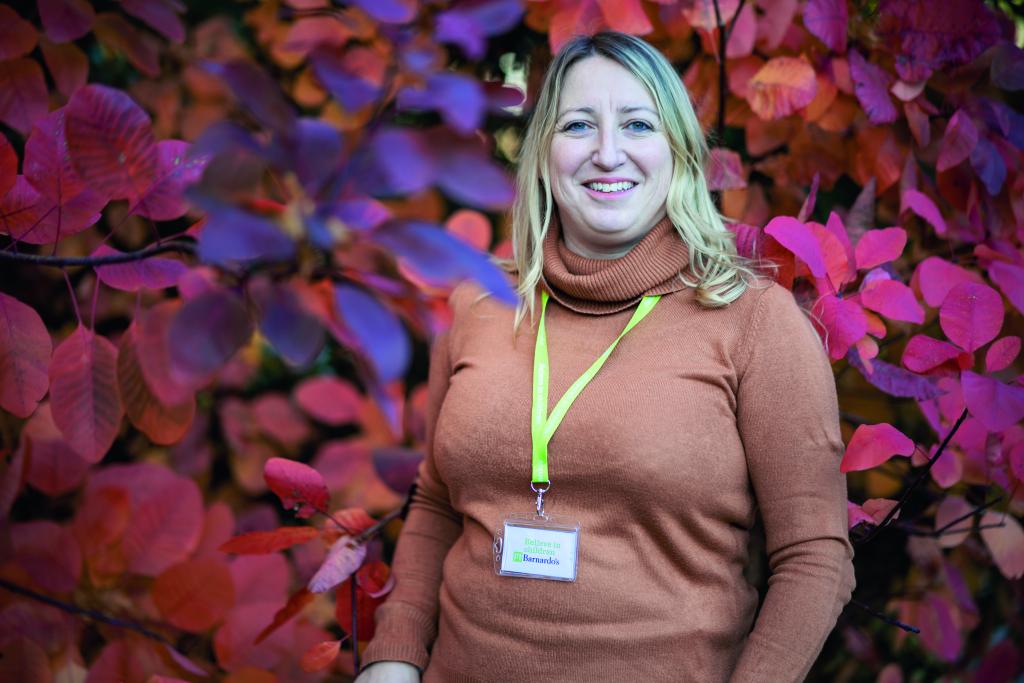
Counselling
When a young person is growing up, there might be times when all they need is a listening ear or someone they can talk to, without guilt or shame. This is what counselling is all about.
Counselling is a talking therapy where a trained therapist will listen to your child and help them find better ways to cope with emotional problems.
Play therapy and art therapy
During play therapy, a trained therapist will use playtime to learn more about a child’s needs and to help them explore their emotions.
For example, they might play with sand trays, musical instruments, and other toys. Or they might play out difficult experiences, using soft toys or dolls.
Art therapy is a form of therapy that uses art activities to help children and young people understand, express, and untangle challenging thoughts or feelings. These sessions are supported by a trained professional and might include drawing or painting, for example.
Victims of child sexual exploitation (CSE)
When a child experiences sexual exploitation, it can take a huge toll on their mental and emotional well-being. It often can affect the young person's family or support network too.
We have been supporting sexually exploited children for more than 20 years and run specialist services in various locations across the UK, where we can offer confidential support, counselling, or therapy in a safe environment.
Support for children diagnosed with ADHD
If your child has attention deficit hyperactivity disorder (ADHD), you may notice that some of the traits they may struggle with are restlessness, difficulty concentrating or acting impulsively. Because of this, there might be times when they find school or family life a bit challenging.
In some areas of the UK, we have specific services that support children with ADHD and their families.
They'll help you learn parenting techniques to help support your child, give you the chance to meet other parents in the same boat as you, and celebrate the little things that make your child unique.
Asylum seekers
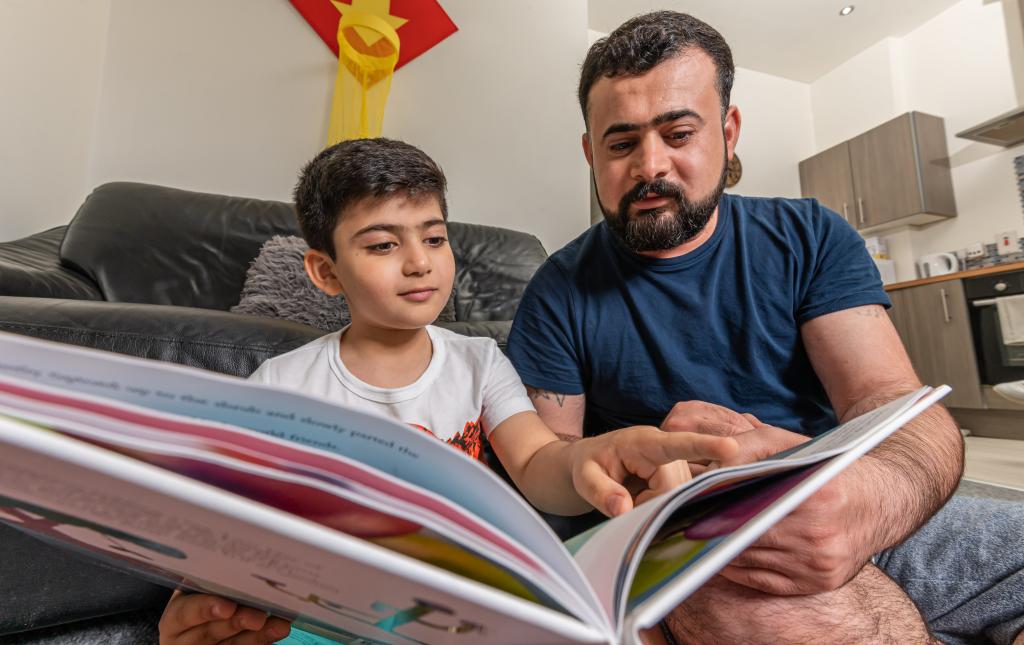
An asylum seeker is someone who leaves their home country in search of a better life. They are unable to go back because they are fleeing violence, persecution or war and they have often made a treacherous journey just to find a safe place to call home.
During this time, they not only need housing and education, but they may also need mental health support to help them cope.
Over the past few years, we have provided therapy to refugees from countries such as Ukraine, Afghanistan, and Syria, over the phone, online and with face-to-face interpreters.
Wellbeing
Mental wellbeing is about how you feel right now, and how you cope with everyday ups and downs.
Looking after our mental well-being isn’t just something we should do when we’re struggling – it should be a daily habit. That's why, it's an important lesson for children, young people and their families.
The good news is that there are plenty of small ways we can look after our minds every day, from eating healthily to sleeping well.
If you don’t know where to start, we have services across the UK that give children, young people, and families the tools they need to look after their emotional well-being.
Families
Family life can sometimes be complicated. But, when it gets tough, remember that you don't have to struggle alone. We have a variety of mental health services across the UK that help support parents and carers. For example, we offer support to families:
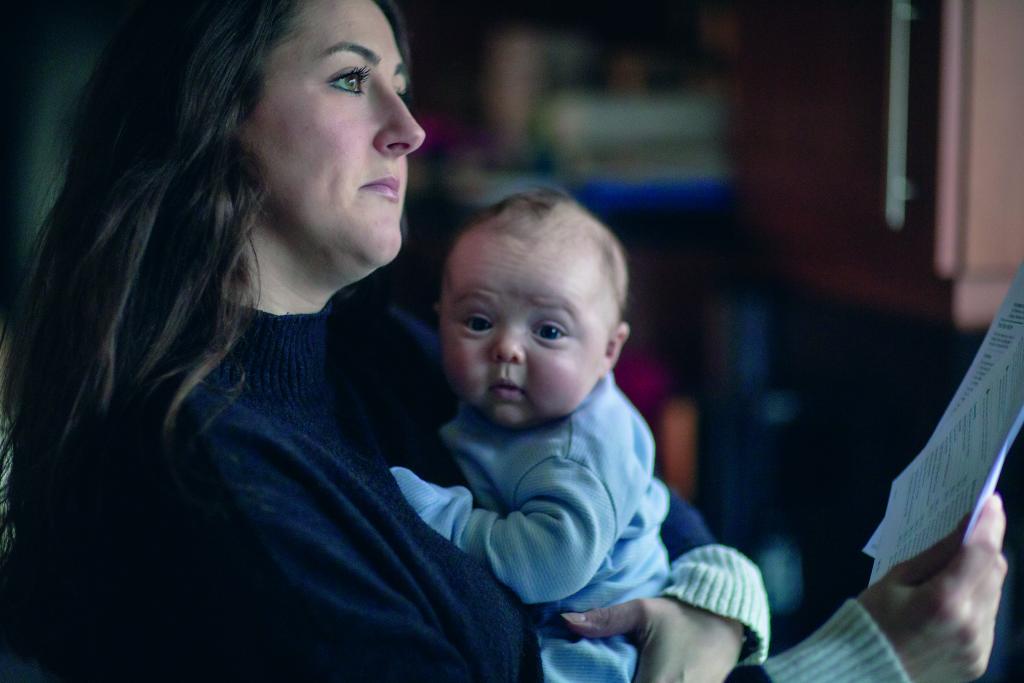
-
who are finding parenting challenging
-
who have just adopted or fostered
-
who have been impacted by the imprisonment of a family member
-
whose child has been diagnosed with autism, ADHD, as well as other learning difficulties or physical disabilities
-
who need time to recharge (through short-term respite care)
-
who are living with someone who has experienced trauma in their lives, such as foster carers
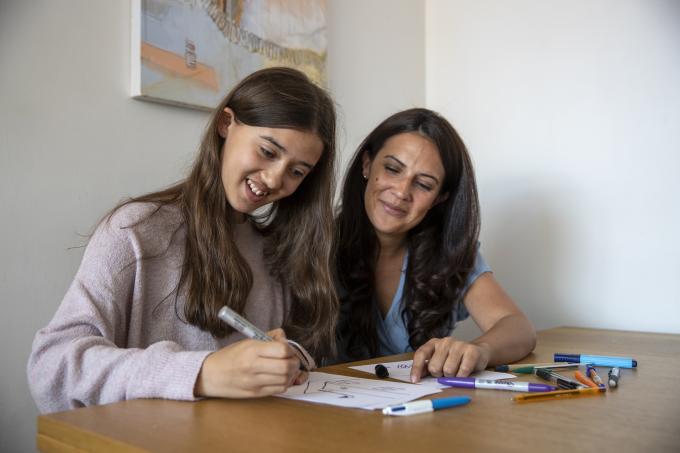
Are you a parent or carer?
Discover how you can support the young person in your life when they're going through a tough time.
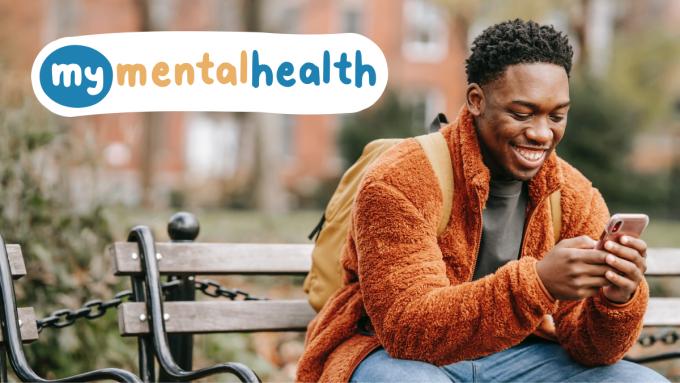
Are you a young person?
Get support and advice about your mental health or find a service near you.
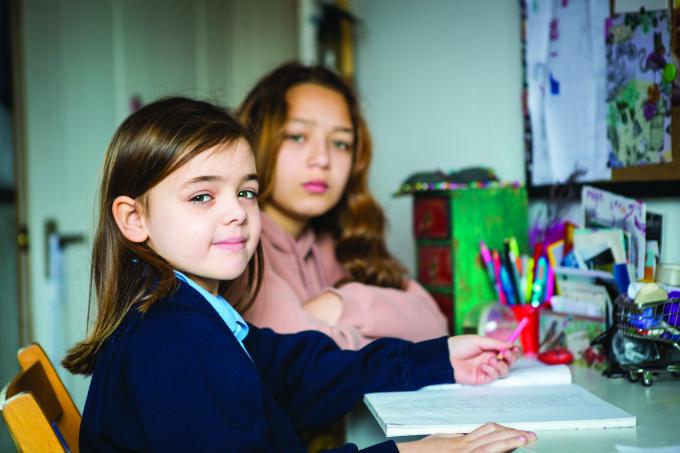
Do you work in education?
The Barnardo's Education Community is full of resources to help you start the conversation about mental health and well-being in school.
Improving your family’s calmness and mindfulness | Blog
Read our advice on which activities you should consider to help improve calmness and mindfulness in your family.

Commission us to deliver mental health services
With over 150 years of experience, we have the skills and expertise to help children and young people when they need it most.

Change a life. Donate today.
By donating to Barnardo's, you'll help children and young people get support when they need it most.

